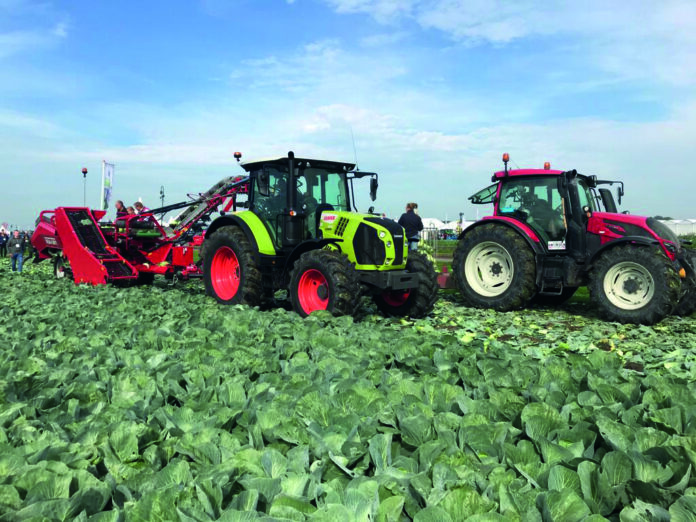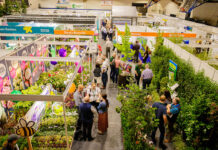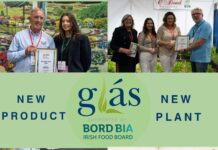Teagasc vegetable advisors, William Deasy and Eoin Sweetman, visited the field vegetable seed trial open days which take place annually in North Holland in the Netherlands, and in Lincolnshire, England, in September and October respectively.
On display were the latest trials and popular varieties from a range of major seed companies including Bejo, Claus, Elsoms, Enza Zaden, Hazera, Rijk Zwaan, Sakata, Seminis and Syngenta.
Plant breeders are continuously monitoring and selecting desirable traits in plants to crossbreed with their other varieties and develop hybrids that meet requirements for growers. Such desirable qualities include pest and disease resistance or tolerance, uniformity, vigour, colour, shape, plant growing habit, field holding and storage capacity, growing days and taste.
Two key challenges facing the field vegetable industry are the revocation of plant protection products and the labour-intensive nature of the industry. Tackling these issues is a primary focus of plant breeding.
Seed companies are putting more focus than ever on developing varieties that have at least some level of pest and disease resistance; and also on developing brassica varieties that are more compatible with efficient hand harvesting and with the machine harvesters that are currently being developed.
Most of these harvesters require the harvested part of brassica vegetables – such as broccoli, cabbage or cauliflower – to be up high, where the stem can be cut without damage to the product. Further, the adoption of ‘slaughter harvesters’ – which are not selective and take all of the crop – will require improved uniformity to ensure yield and efficiency.
This highly specialised and innovative breeding work is essential to deliver sustainability of crops, resilience to pests and reduced labour input during harvesting.










